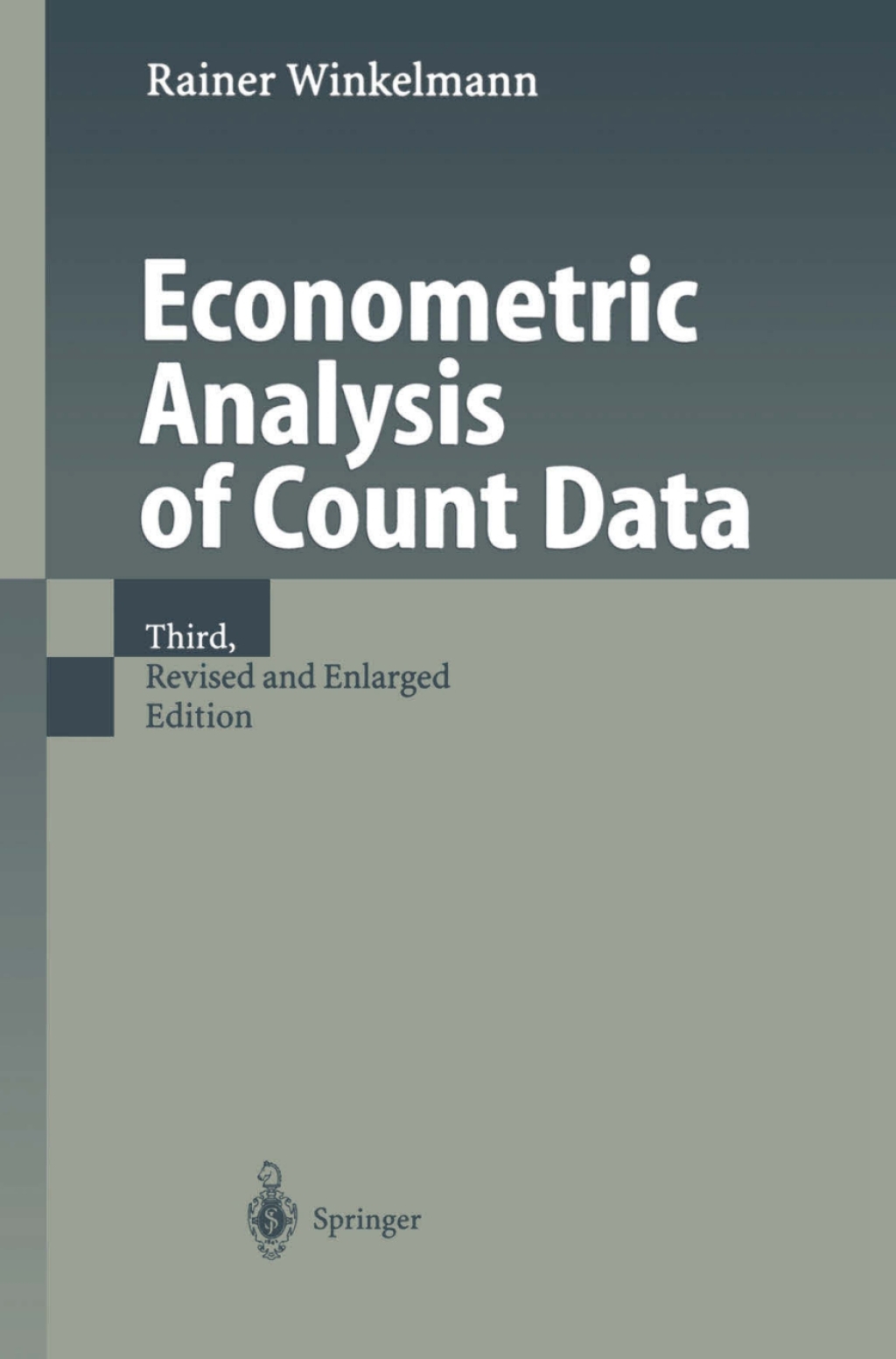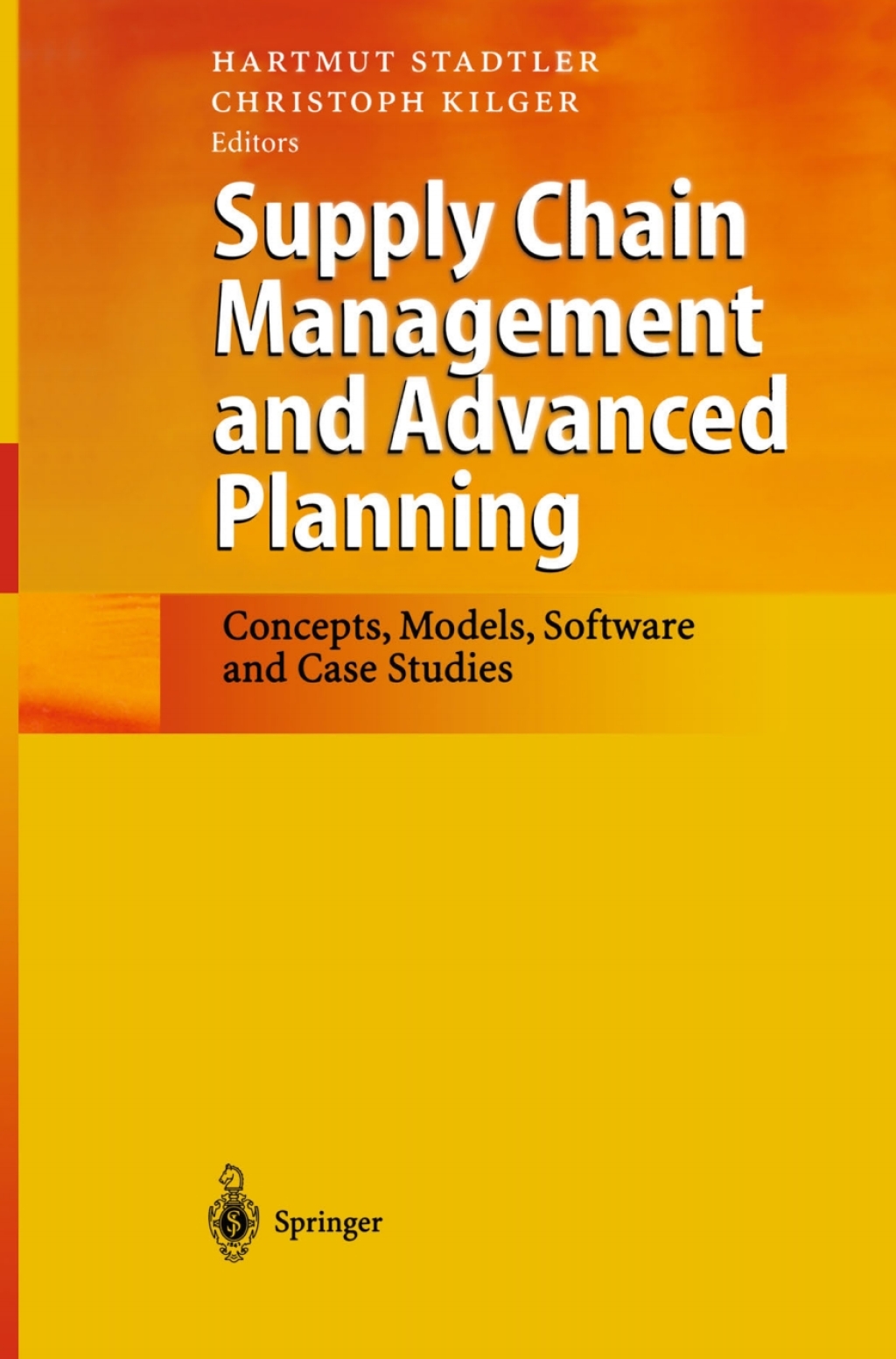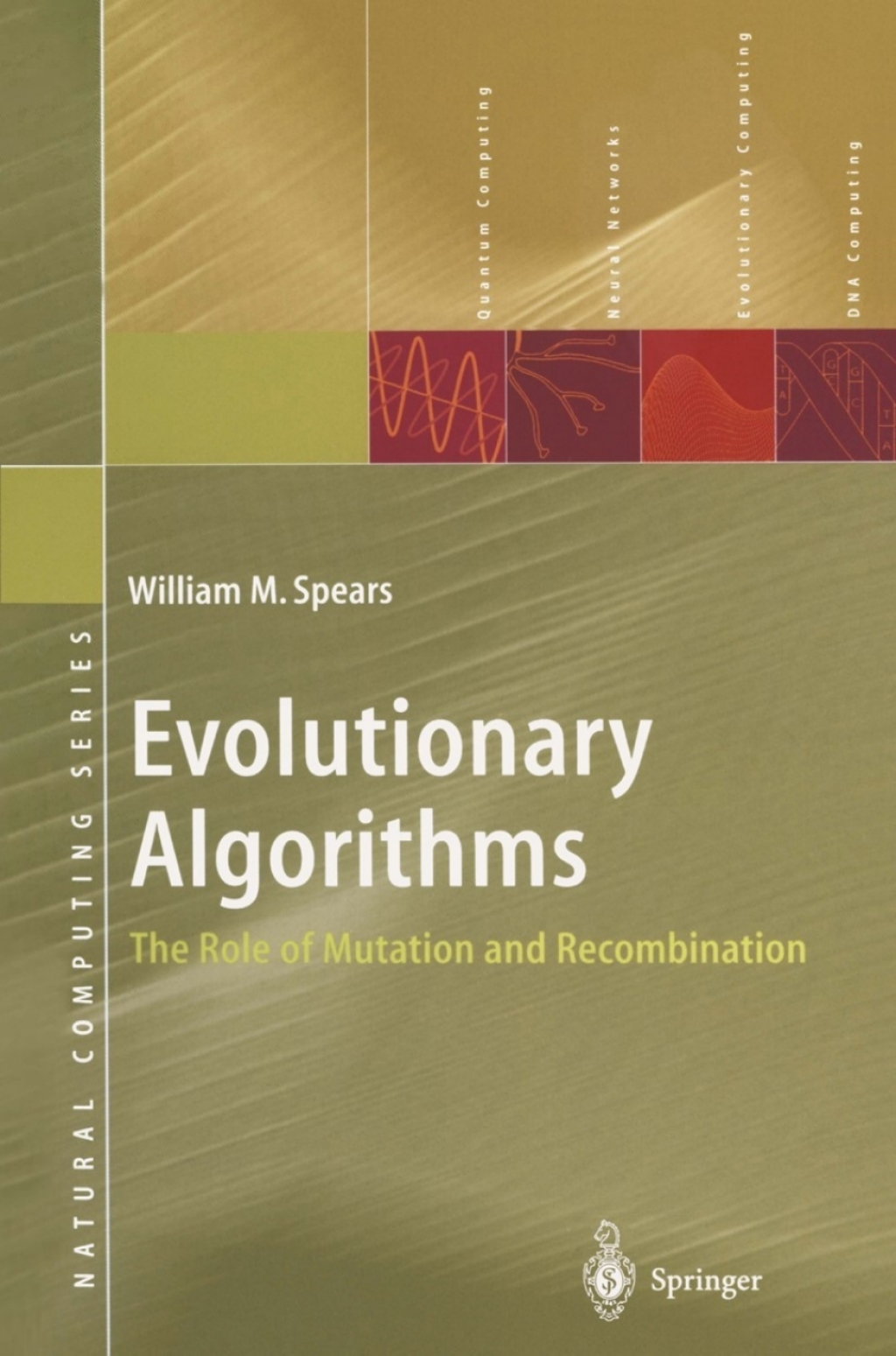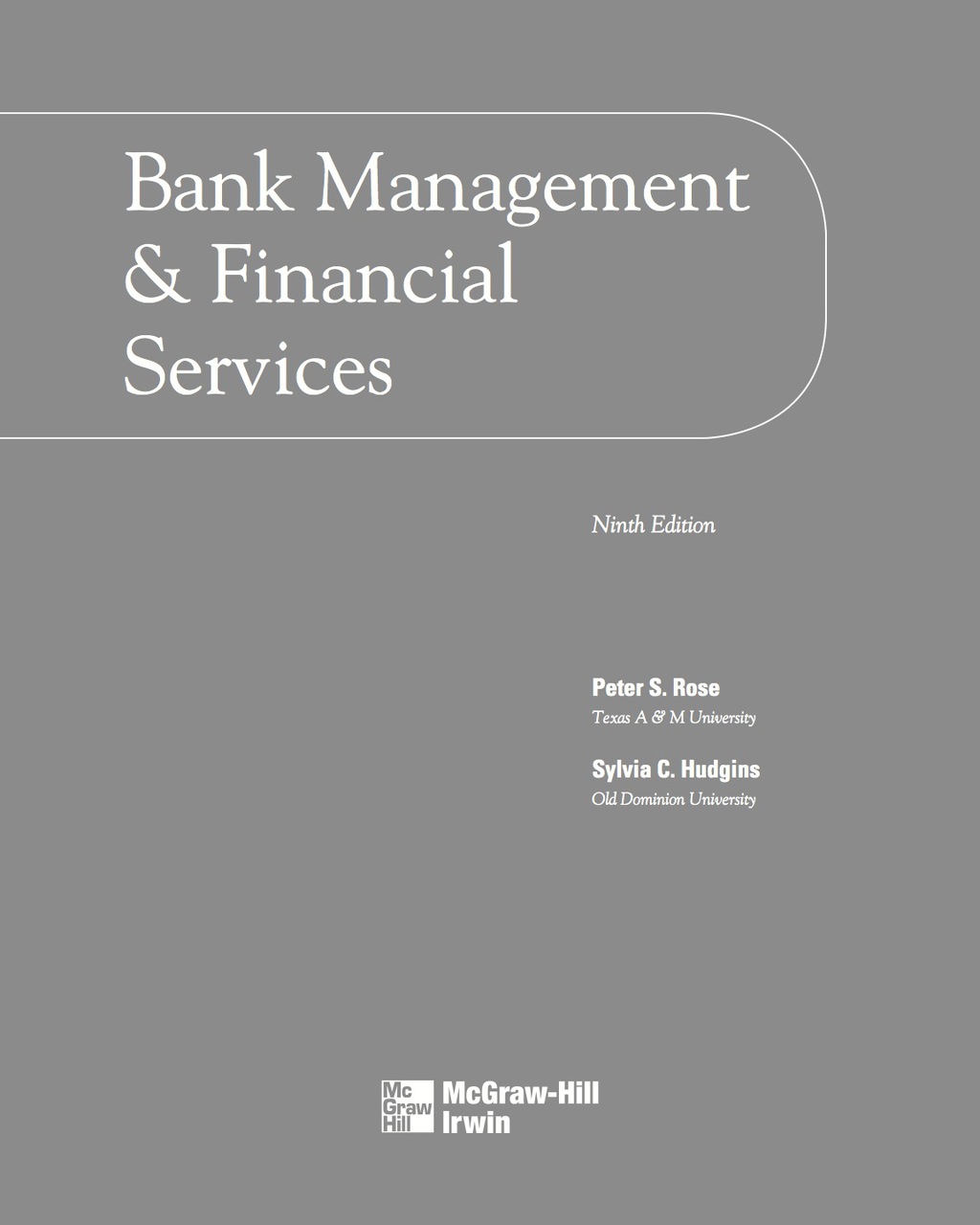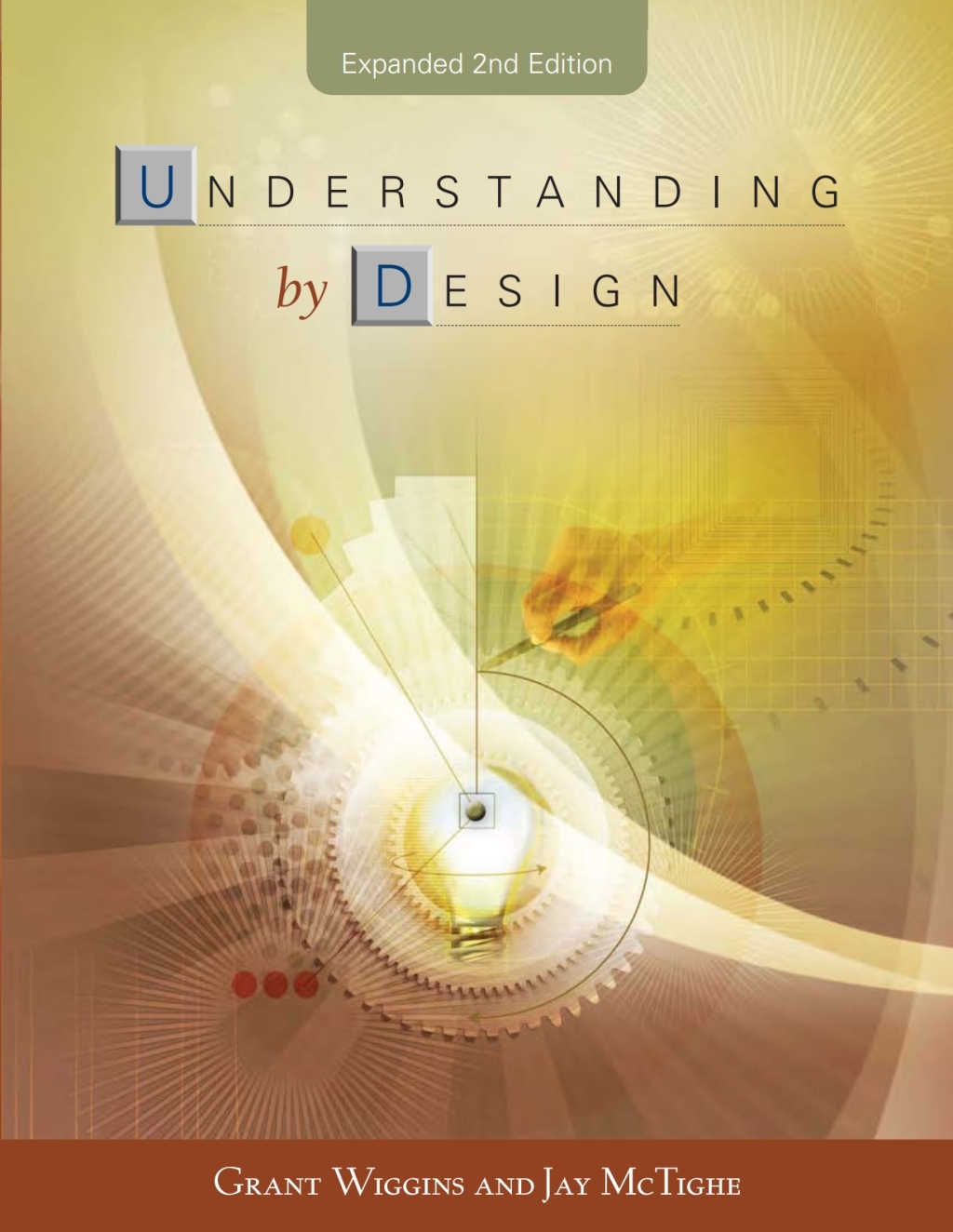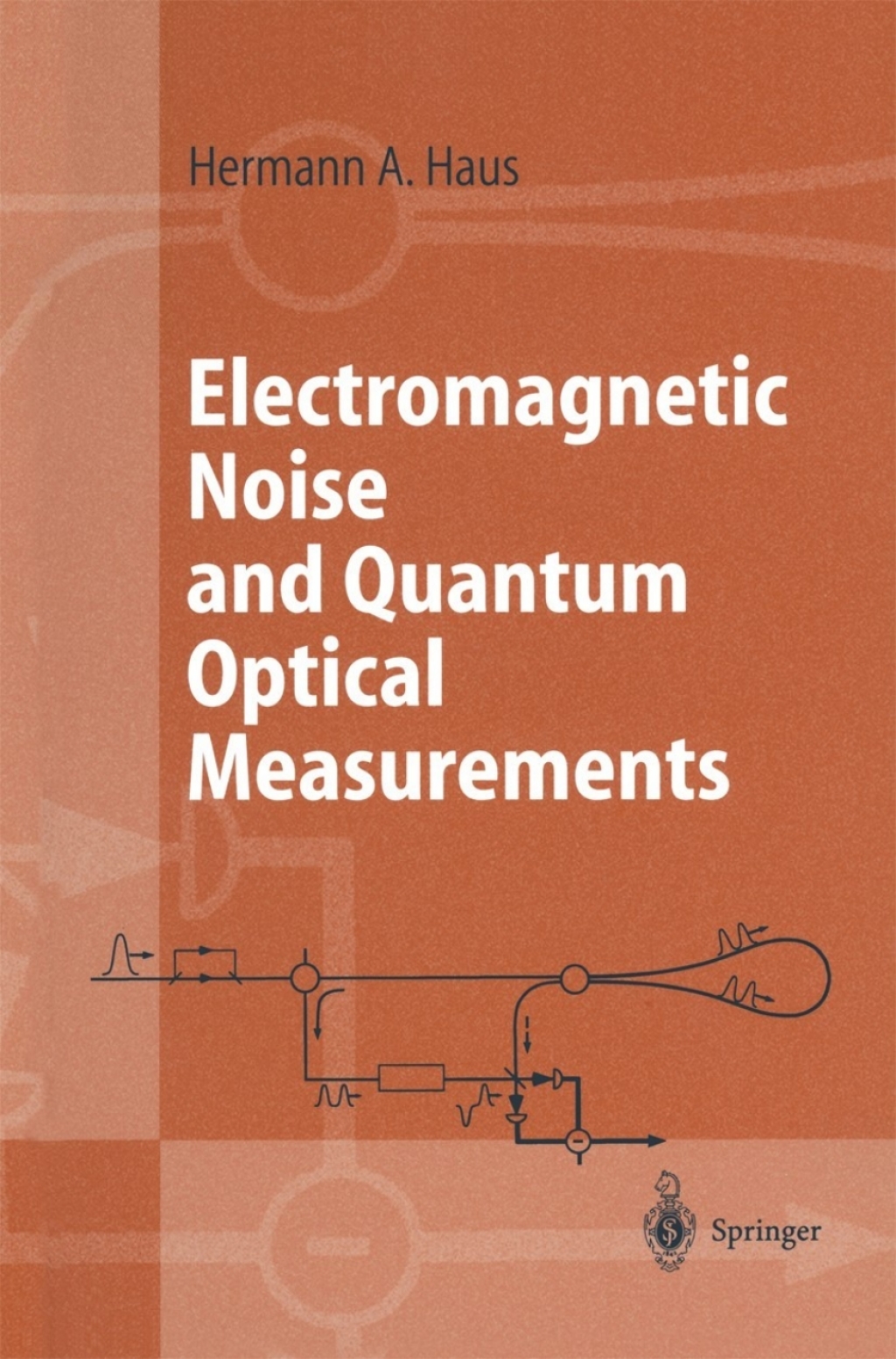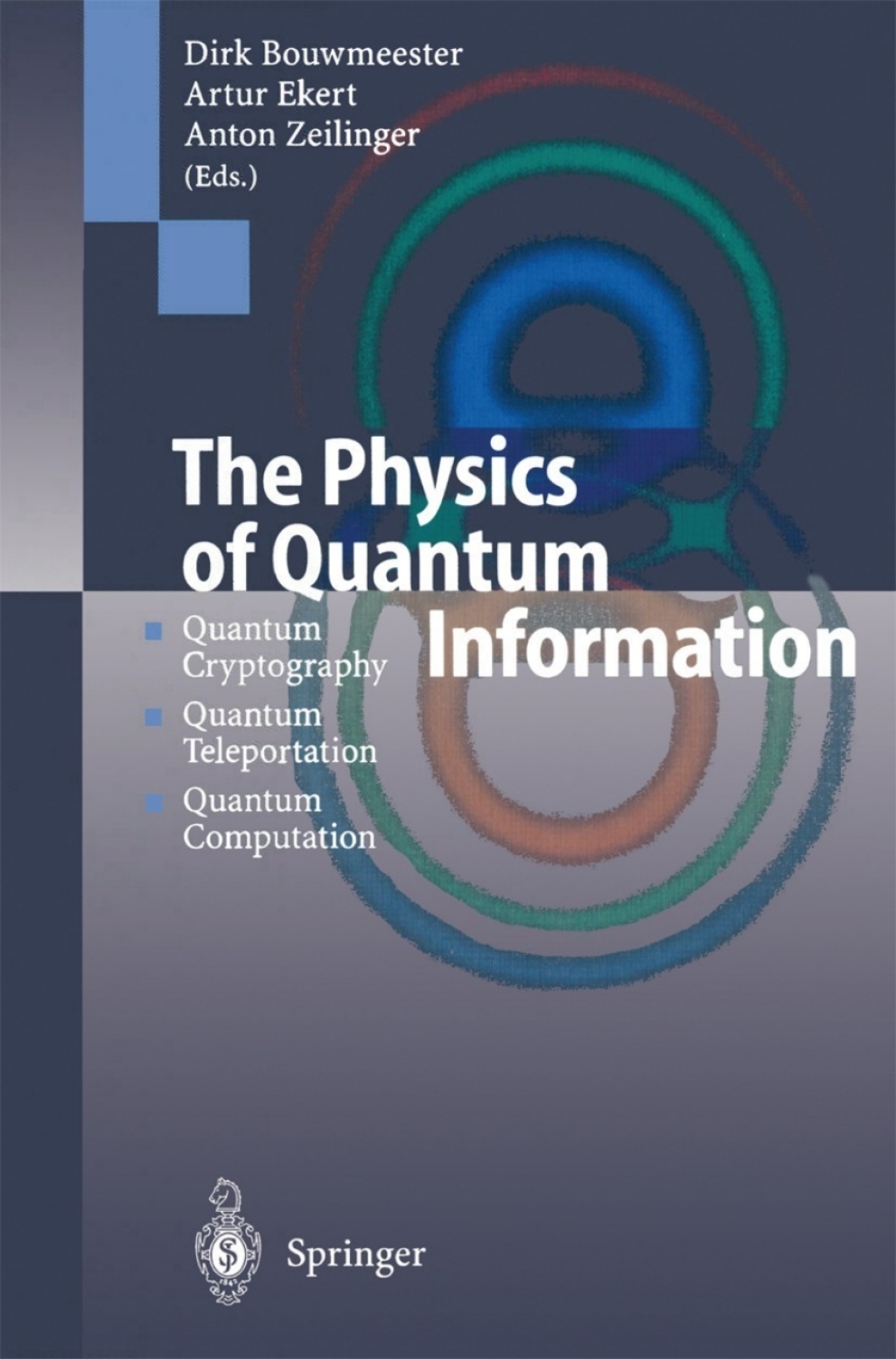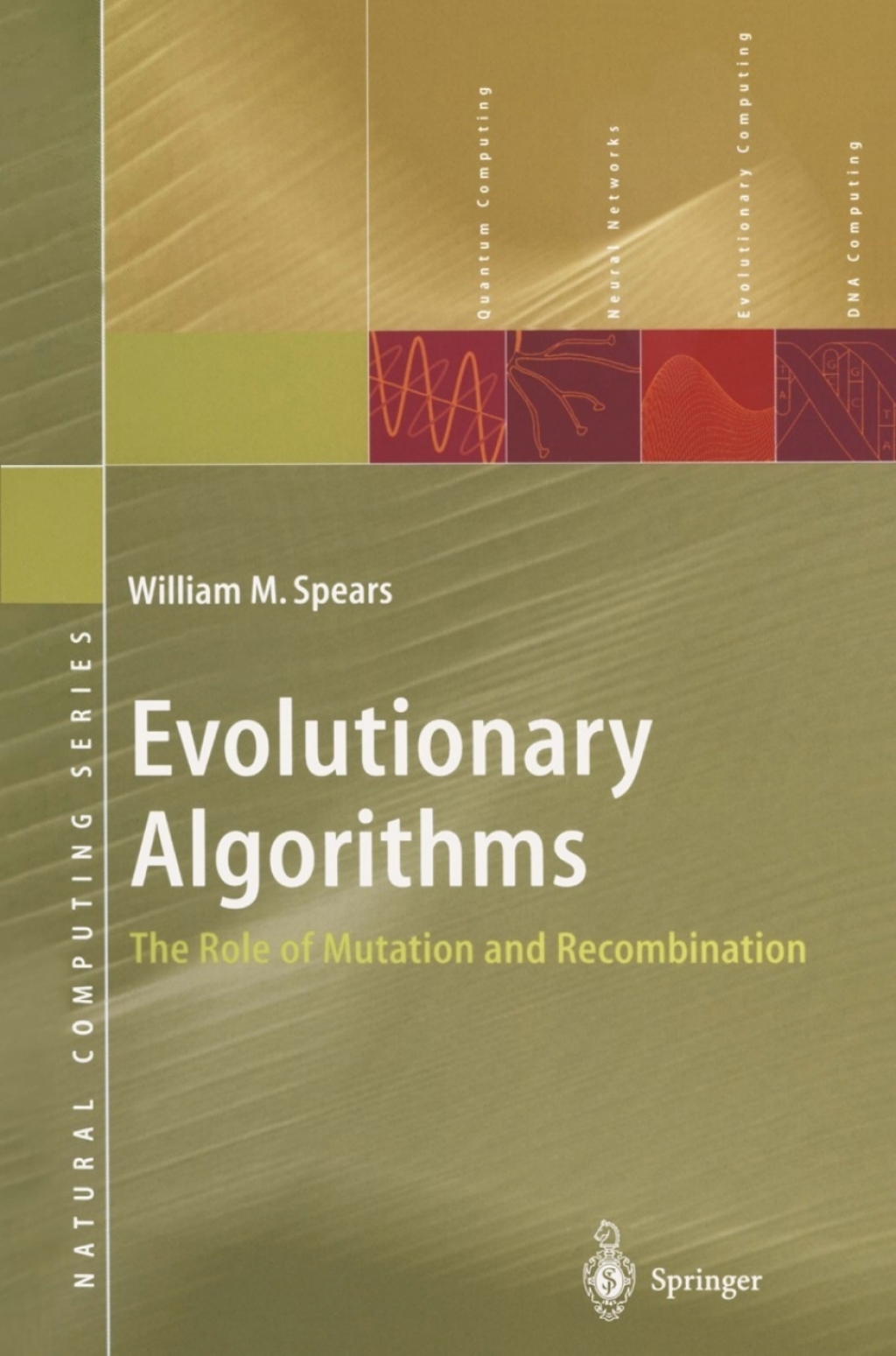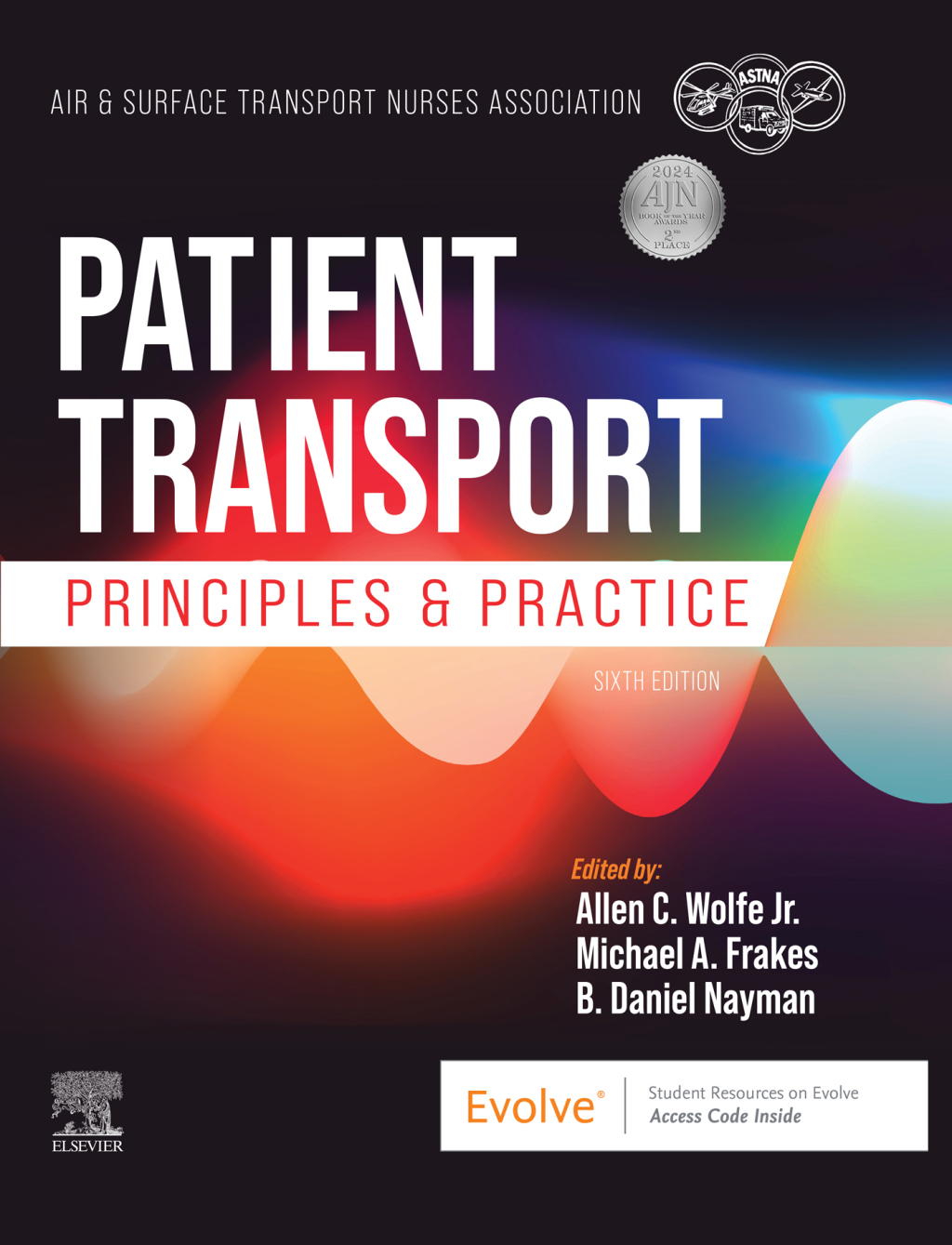Description
Despite decades of work in evolutionary algorithms, there remains a lot of uncertainty as to when it is beneficial or detrimental to use recombination or mutation. This book provides a characterization of the roles that recombination and mutation play in evolutionary algorithms. It integrates prior theoretical work and introduces new theoretical techniques for studying evolutionary algorithms. An aggregation algorithm for Markov chains is introduced which is useful for studying not only evolutionary algorithms specifically, but also complex systems in general. Practical consequences of the theory are explored and a novel method for comparing search and optimization algorithms is introduced. A focus on discrete rather than real-valued representations allows the book to bridge multiple communities, including evolutionary biologists and population geneticists.

